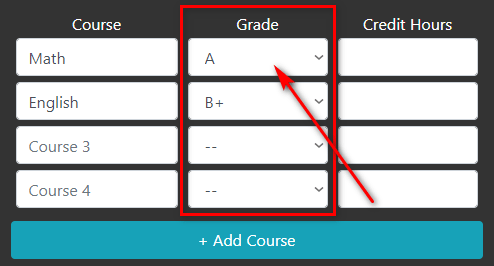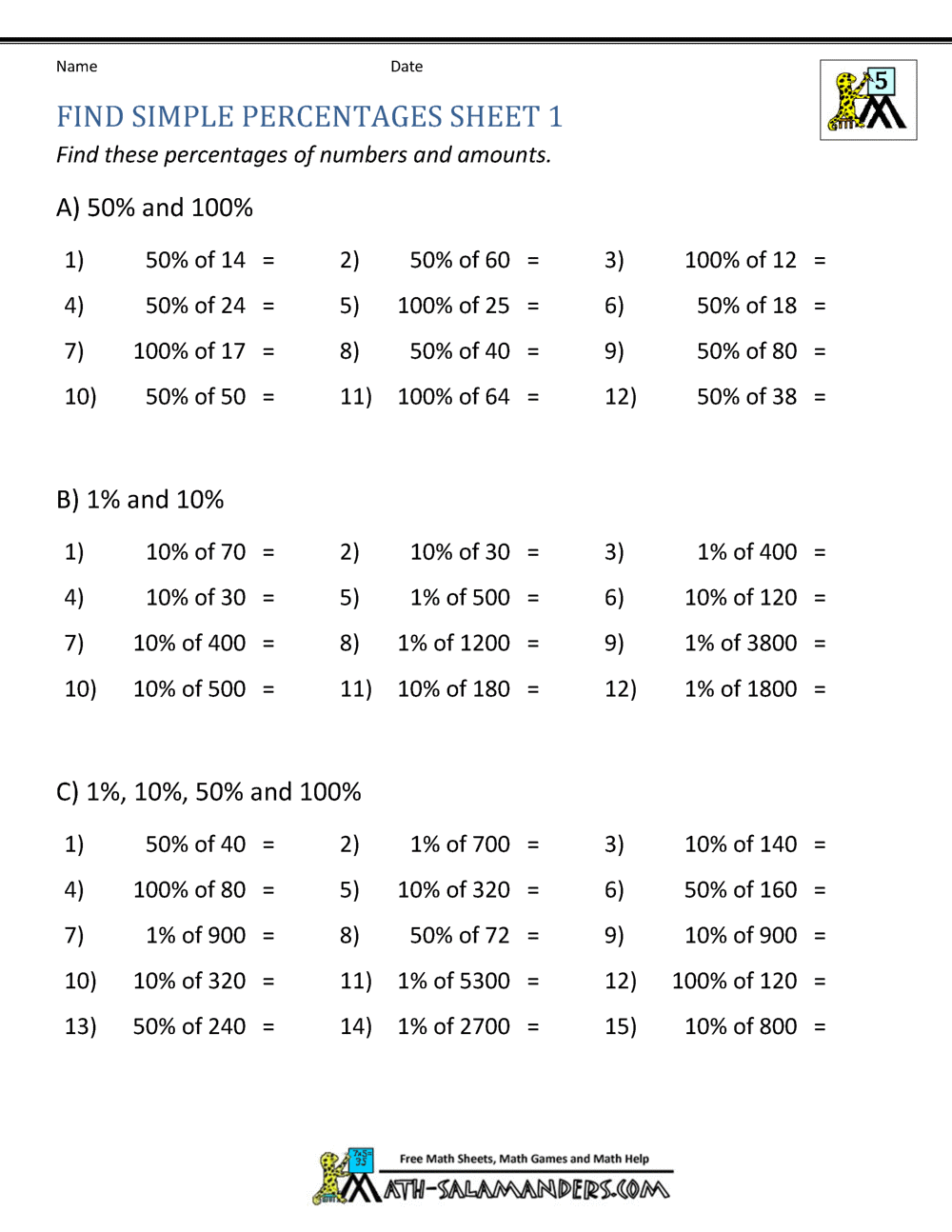
The S grade does not carry grade points and is not part of the GPA calculation, but the credits will count toward the student's degree program if allowed by the college, campus, or program and the Administrative Policy: Credit and Grade Point Requirements for an Undergraduate (Baccalaureate) Degree: Twin Cities, Morris, Rochester.Satisfactory (equivalent to a C- or better) The S-N grading scale allows for the following grades and corresponding GPA points: Except for the Law School, the University does not award A+ grades, nor are D- grades permitted.

Grade points are the same regardless of the course number or level of enrollment (e.g., graduate or undergraduate level).Instructors are not required to use pluses and minuses when grading on the A-F scale.The F is assigned when the work was either (1) completed but at a level of achievement that is not worthy of credit, or (2) was not completed and there was no agreement between the instructor and the student that the student would be given an I.The credit hours for the course count in the grade point average. The F does not earn grade points and the student does not earn University credit.Represents failure in the course and no credit is earned. Credit is earned but it may not fulfill major or program requirements. Represents achievement that partially meets the minimum expectations in the course. Represents achievement that meets the minimum expectations in the course. Represents achievement that is above the minimum expectations in the course. Represents achievement that significantly exceeds expectations in the course. The A-F grading scale allows the following grades and corresponding GPA points: The University has two distinct grading scales: A-F and S-N. Colleges and campuses may not use any other grades or symbols unless approved by SCEP and the University Senate as described in section E.8. It also establishes the GPA calculation for the University transcript. *Excluding the Master of Public Health comprehensive exam.This policy establishes the allowed grading scales, grades, and symbols that appear on the University transcript. However, the previous grade would still be counted by a third parties, such as the federal government for Financial Aid eligibility and by the military for calculating a GPA for TA eligibility. Master's Comprehensive Exam Only: Failed the Exam*Ĭredit from review of Prior Learning ExperienceĬourse No Longer Counted in APUS GPA as it was Retaken. Master's Comprehensive Exam Only: Pass with Distinction* Undergrad: Unsatisfactory | Master's: Failing Undergrad: Below Average | Master's: Failing Master's: minimum passing grade for End of Program requirements Undergrad: Above average | Master's: Expected performance level

GradeĪll: Very high quality, clearly above average work WP/WF grade designators are no longer used as of October 5, 2007.

#Letter grade percentages manual
Please see the End of Program Assessment Manual for more information. This policy aligns with the comprehensive exam, which also requires a B- (80%) or better to pass. Master's students must have at least a 3.0 GPA in order to graduate. Master's End of Program Requirements: For all capstone courses that begin after January 1, 2017, master's students must earn a B- (80%) or better on their capstone thesis/project/paper and a B- (80%) or better in their capstone course to pass the course. Master's Courses: Any grade below “C” has been considered failing starting with any courses that began on or after April 1, 2007. In the capstone course, NURS498: Senior Seminar in Nursing Studies, students must achieve a final course grade of an 84% (B) or better in order to pass the course and graduate from the nursing program.

For example, your grades towards your conferred Associate degree at APUS do not impact your subsequent GPA in your Bachelor program.Įffective September 1 st, 2015 (For all students who started NURS300 after September 1, 2015, and beyond), to pass the course and progress in the nursing program, students must achieve a final course grade of a 73% (C) or better. However, if you graduate from a program, you would start over with a fresh GPA when you start on your next program. If you change your major, your previous APUS courses will roll over into your GPA for your new major. Your cumulative GPA at APUS is determined solely by the courses you have taken at APUS towards your current degree.


 0 kommentar(er)
0 kommentar(er)
